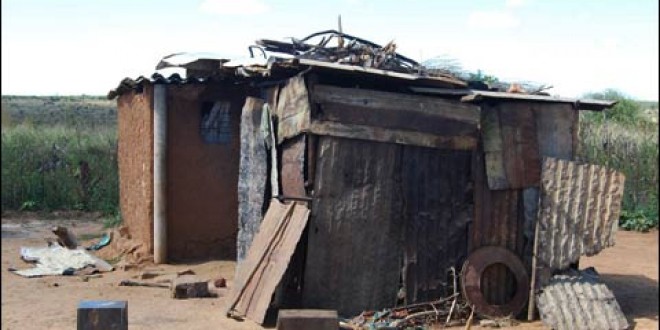
BULAWAYO has been battling with squatter problems for years now and it is disturbing to note that our city fathers still appear insensitive when it comes to handling homeless people.
Southern Eye Editorial
Informal settlements continue to sprout at Killarney, Richmond dumpsite, also known as Ngozi Mine, and Trenance, outpacing council interventions that include relocation of the squatters.
The homeless people are mostly victims of the economic problems besetting the city that have resulted in company closures.
Very few people stay in these uninhabitable places out of choice and this calls for the local authority to be considerate when dealing with them. Forced evictions will never be the answer.
We, therefore, found reports that Bulawayo City Council had given squatters living in Trenance suburb a three-day ultimatum to vacate their dwellings or face forced evictions very disturbing.
The squatters have rightly pointed out that the notice was unfair and a violation of their human rights. Councillors must not take advantage of these vulnerable people to use them as pawns in their political games.
If council has a programme to relocate these people to other areas, as some appear to have been promised in Trenance, the process must be transparent. Local government authorities must have learnt their lesson during Operation Murambatsvina where over 700 000 people were left homeless in a clean-up exercise that was condemned throughout the world. That exercise not only destroyed livelihoods, but created more problems for local authorities that have no capacity to meet a rising demand for accommodation.
- Chamisa under fire over US$120K donation
- Mavhunga puts DeMbare into Chibuku quarterfinals
- Pension funds bet on Cabora Bassa oilfields
- Councils defy govt fire tender directive
Keep Reading
The destruction of illegal structures and eviction of people without offering them alternative shelter will only breed more problems for the city.
Council must consider more innovative ways of dealing with the problem of informal settlements, including providing the homeless people with housing stands. The local authority can invite charity organisations that will help them build permanent structures.
The stands don’t necessarily have to be within the city.
Bulawayo council has several peri-urban farms that are lying idle, which can be used to resettle the homeless people willing to engage in market gardening projects.
That way, council would be killing two birds with one stone: Creating employment and providing accommodation for its residents.
The local authority also needs to invest in research to establish the underlying causes of these informal settlements rather dealing with the symptoms. Informal settlements are a symptom of serious problems such as a moribund economy and slow housing delivery. The problems will not simply go away by council evicting the squatters.










